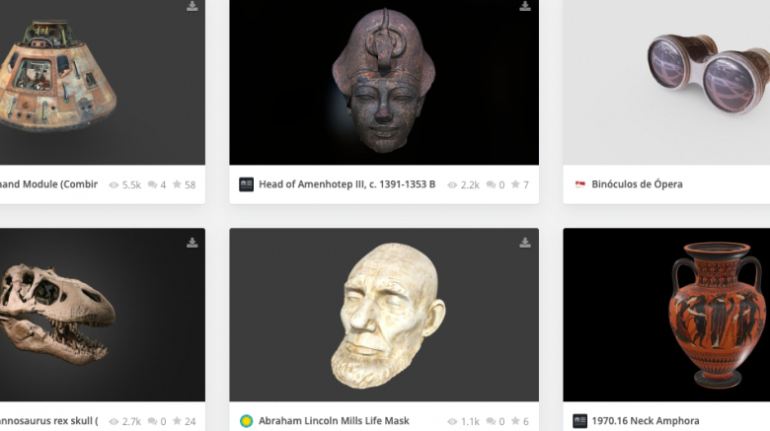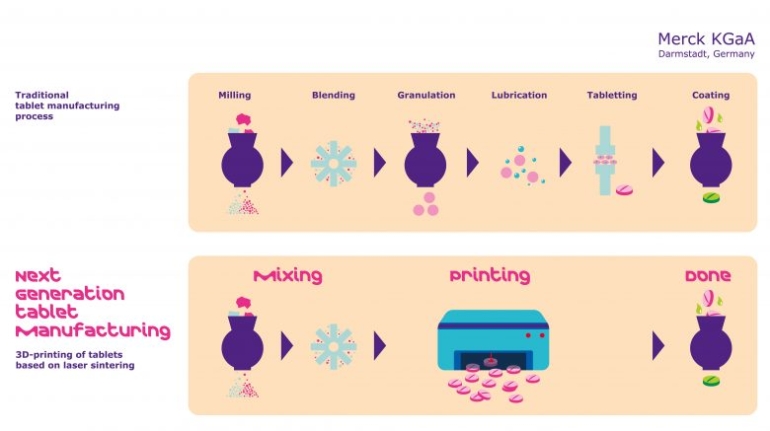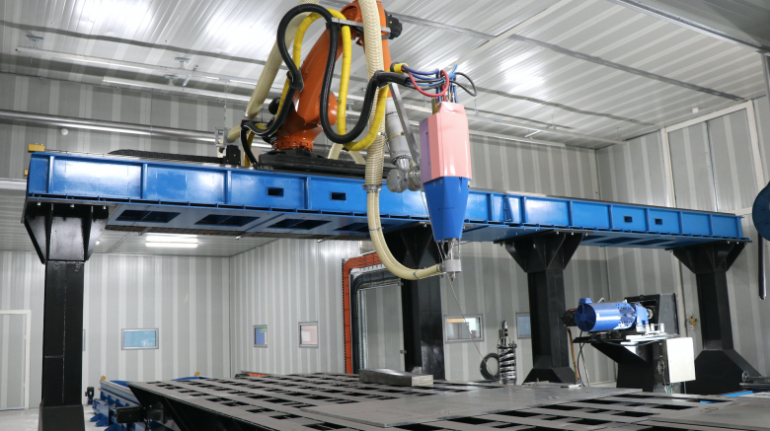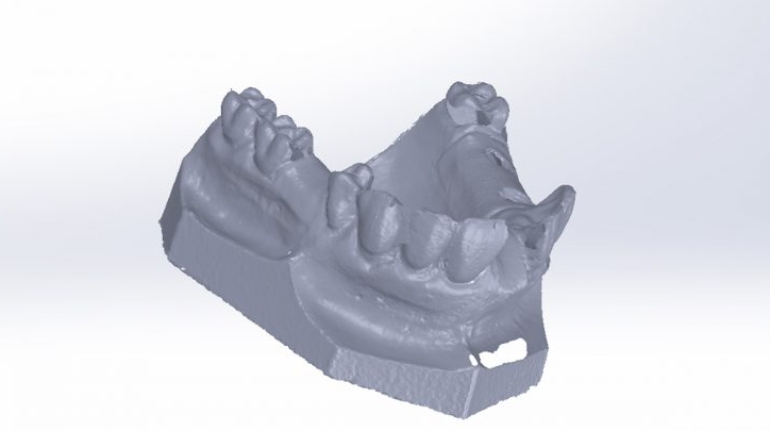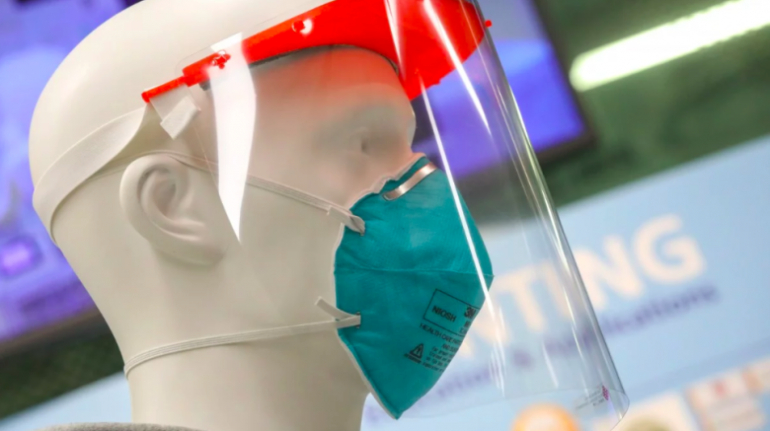Sketchfab introduces 3D model CC0 dedication for cultural institutions AM Software
3D content platform Sketchfab made an announcement this week which will see high-quality 3D scans and models of cultural artefacts become more accessible through its platform. In short, cultural organizations using Sketchfab now have the ability to dedicate their 3D models to the Public Domain using a Creative Commons Public Domain identifier (CC0). As part of the announcement, Sketchfab has also unveiled collaborations with 27 cultural institutions from across the world, including the Smithsonian Institution.

